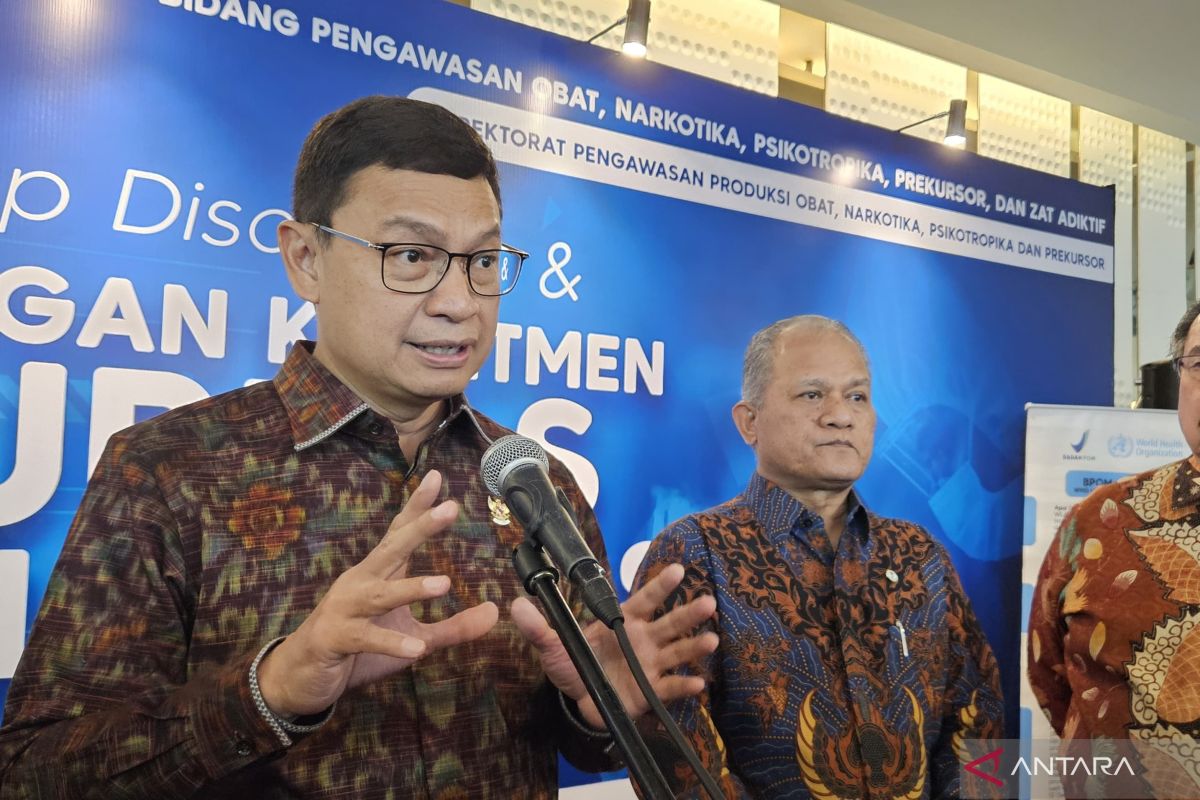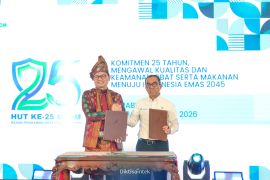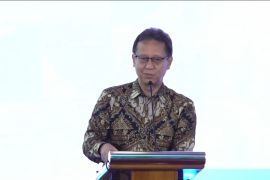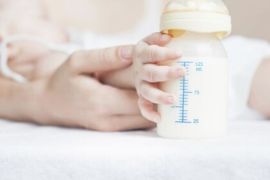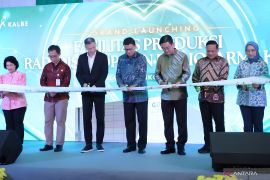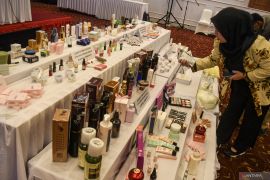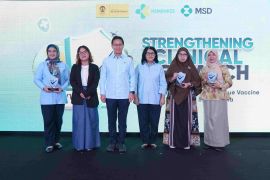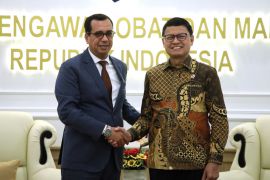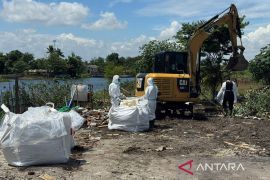He explained that being on this list would elevate BPOM's status to be on par with prestigious agencies like the U.S. Food and Drug Administration (FDA) or Japan's equivalent. This would streamline the export process for Indonesian products.
"Simply submitting documents would be enough," Ikrar said on Tuesday. "The documents would be recognized, boosting exports."
The WHO is currently verifying BPOM's qualifications. In November, a WHO team will visit Indonesia for an on-site assessment.
Ikrar highlighted several factors the WHO considers, such as BPOM's national performance, the registration procedures, promotion of good manufacturing practices, and recognition by other institutions.
Indonesia is already a member of the Pharmaceutical Inspection Co-operation Scheme (PIC/S), a global network of regulatory authorities. This membership indicates the maturity of the country's pharmaceutical industry, Ikrar added.
Global recognition benefits Indonesia by improving efficiency and reducing costs when exporting products.
Ikrar also emphasized the importance of a mature pharmaceutical industry, which signifies quality production, distribution, and sales. A mature industry can also lower medication prices due to increased production.
BPOM is working to achieve this by supporting companies, providing incentives, and creating export opportunities, he added.
During the same event, Rita Endang, a deputy at BPOM, stressed the key factors for achieving a high maturity level.
"These include quality management systems (QMS) and quality risk management," she noted.
Related news: BPOM pursues three steps to push pharma industry maturity
Related news: WHO, BPOM approve mpox vaccine for Indonesia, says Health Ministry
Reporter: Mecca Yumna Ning Prisie
Editor: Anton Santoso
Copyright © ANTARA 2024
